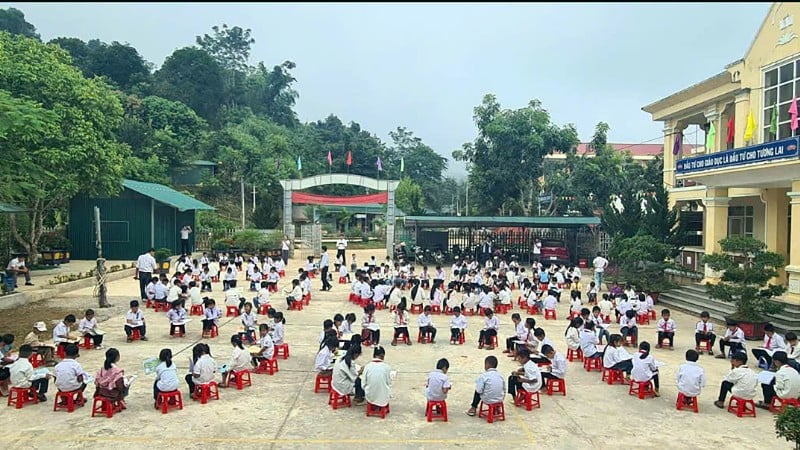
In the memories of the Ha Nhi elders in Mu Ca, about 20 years ago, this place was still almost isolated. At that time, most of the villages did not have roads; people only traveled by small trails, which they used to call "dog paths". Village elder Ly Na Xo, now over eighty, still gets emotional when talking about the past because back then there was so much poverty, there was a lack of food all year round, and there was rarely enough rice in the granary.
According to Mr. Po Ga Hu, a long-time village chief in Mu Ca, because of hunger, sending children to school was taken lightly; for many years the poverty rate was always above 80%, the rate of children going to school was low, especially in combined classes. The work of mobilizing students to go to class for teachers at that time was an arduous journey, teachers from the lowlands had to go from house to house, asking village chief Hu to act as a bridge to convince parents; the children would hide when they saw strangers; the teachers both taught them to read and write, learned the Ha Nhi language, and found ways to get close to them and encourage them to keep going to class every day.
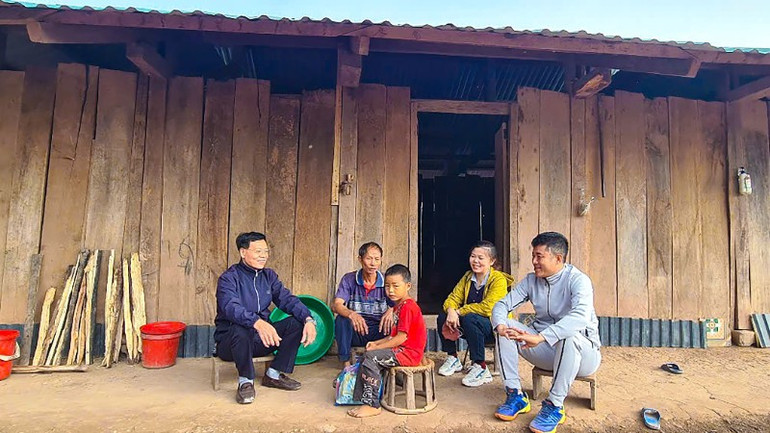
Nowadays, many teachers have devoted their lives to the cause of spreading knowledge here. Mr. Dao Long Hai, Principal of Mu Ca Primary Boarding School, has been involved in education in the highlands for nearly 25 years, from a young man from the coastal city of Hai Phong who came to work, has "gone together" with the Thai, Ha Nhi, and La Hu people in Muong Te and has chosen Mu Ca as his second homeland. Ms. Le Thi Hoa Thu, homeroom teacher of class 1A, from Vo Nhai, Thai Nguyen, has been involved for 21 years; there are years when she only returns to her hometown once, and sometimes not at all. For them, Mu Ca has become their second homeland.
In the 2020-2026 school year, Mu Ca Primary Boarding School has 14 classes with 316 students, of which 172 are boarding students. In addition to the main school, Phin Kho is a satellite school with 5 classes with 106 students, of which 40 are boarding students. The school has invested in a spacious main school area with a two-story building, a boarding area and a communal kitchen. However, due to the large number of students, Phin Kho satellite school still lacks classrooms and a library; many rooms are dilapidated and leaky; two prefabricated classrooms in winter are not enough to keep students warm. At the central school, the newly handed over third-floor classrooms still leak when it rains. The boarding area is cramped, the restrooms are overloaded; subject classrooms lack desks and chairs; there are not enough teachers' public housing, many teachers have to rent or build temporary houses to live in.
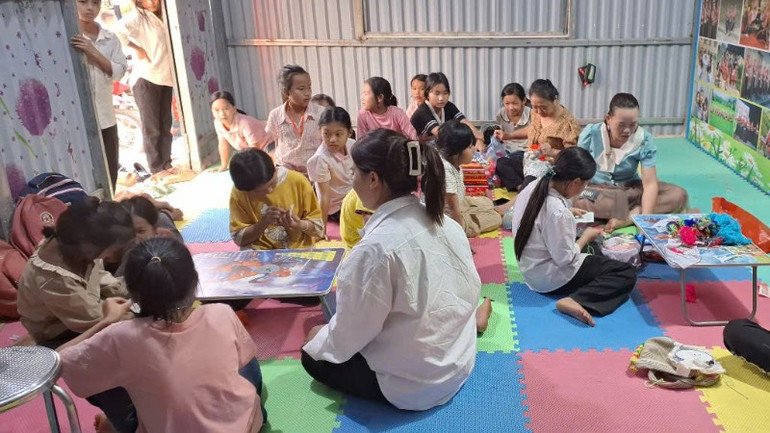
Thanks to the support regime under Decree 116/2016, boarding students are provided with food and accommodation, which helps them stay in class and maintain a high attendance rate - commented Ms. Ly, another teacher at the school.
Outside of regular school hours, students participate in cultural and artistic activities, reading books at the Green Library and especially the Ha Nhi traditional culture club. Students learn how to dye indigo fabric, embroider patterns, beat festival drums; and tell stories about their ancestors, their fields, and their ethnic folk songs. Teacher Truong Cong Hoa (from Tuyen Quang), who has been associated with Mu Ca for more than 23 years, shared: “We want students to be proud of their identity; not only learning to read and write but also learning how to preserve their roots. This helps them understand more about their ethnic group and is also a way to preserve and maintain the national cultural identity.” In the 2025-2026 school year, the school built 3 clubs: Embroidery, Arts and Sports , attracting more than 80 students to participate, contributing to preserving and spreading traditional cultural values.
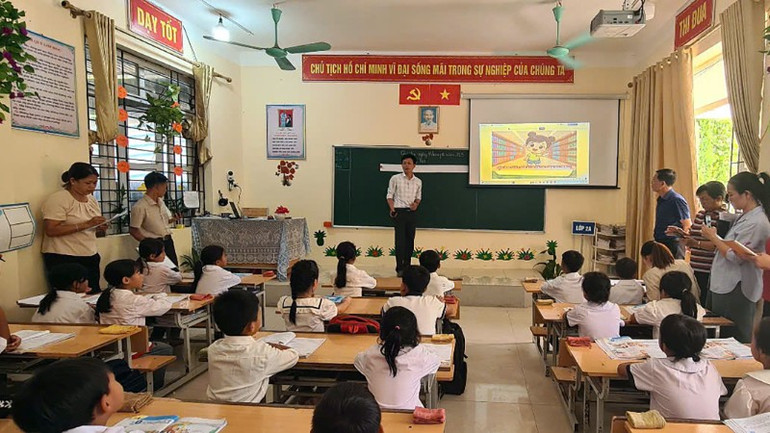
The education career in Mu Ca has changed significantly, the attendance rate remains stable, the annual transfer rate reaches over 99%. After 20 years, many students of the school have become commune officials, doctors, border guards returning to serve their homeland. The smiles of students, the hands of embroidery and the sound of festival drums are proof of that journey. Elder Ly Na Xo said with emotion: "Today, in Mu Ca, people are no longer indifferent to letters like before. People are more aware of studying and attach importance to sending their children to school." Behind that change is the silent work of teachers from the lowlands and mountains, crossing the passes to come here to spread letters and impart knowledge.
Source: https://nhandan.vn/su-hoc-o-thuong-nguon-mu-ca-post922348.html















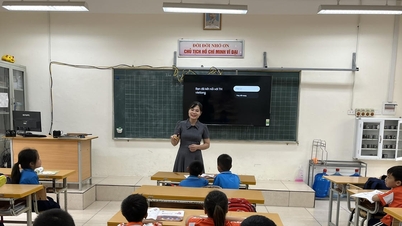









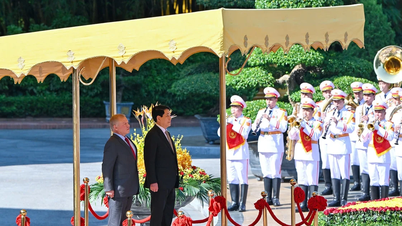
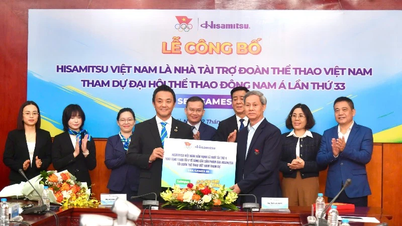






























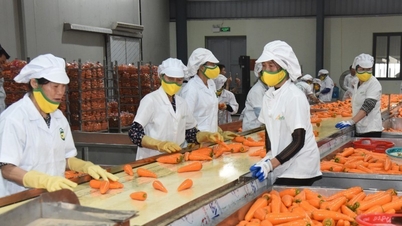











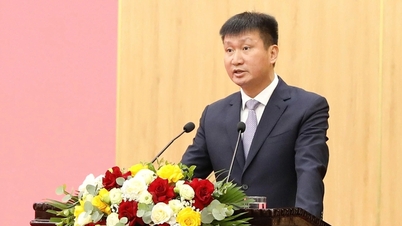











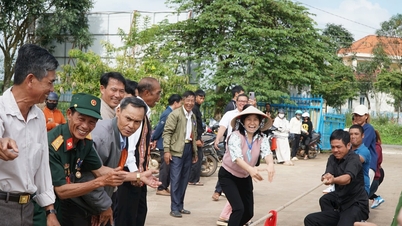



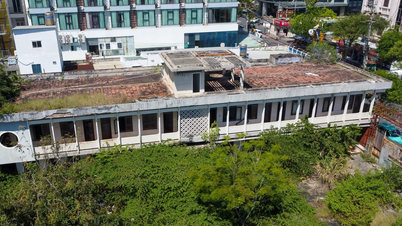

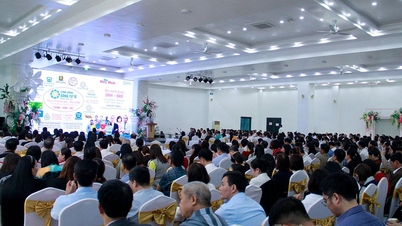








![Dong Nai OCOP transition: [Article 3] Linking tourism with OCOP product consumption](https://vphoto.vietnam.vn/thumb/402x226/vietnam/resource/IMAGE/2025/11/10/1762739199309_1324-2740-7_n-162543_981.jpeg)




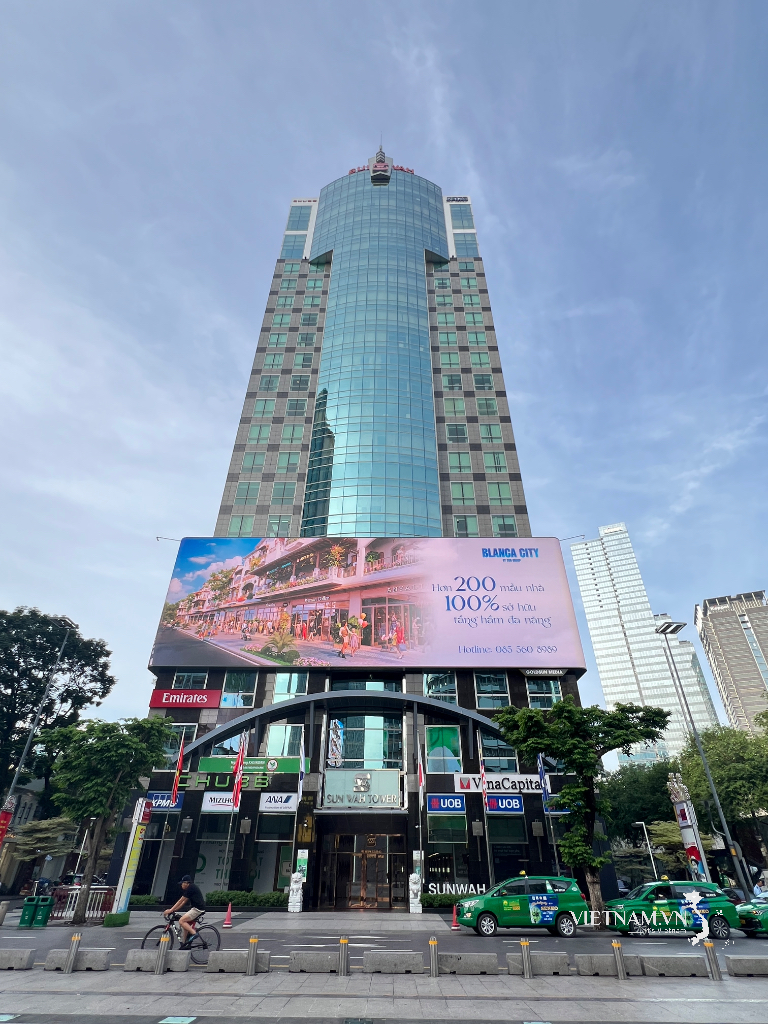
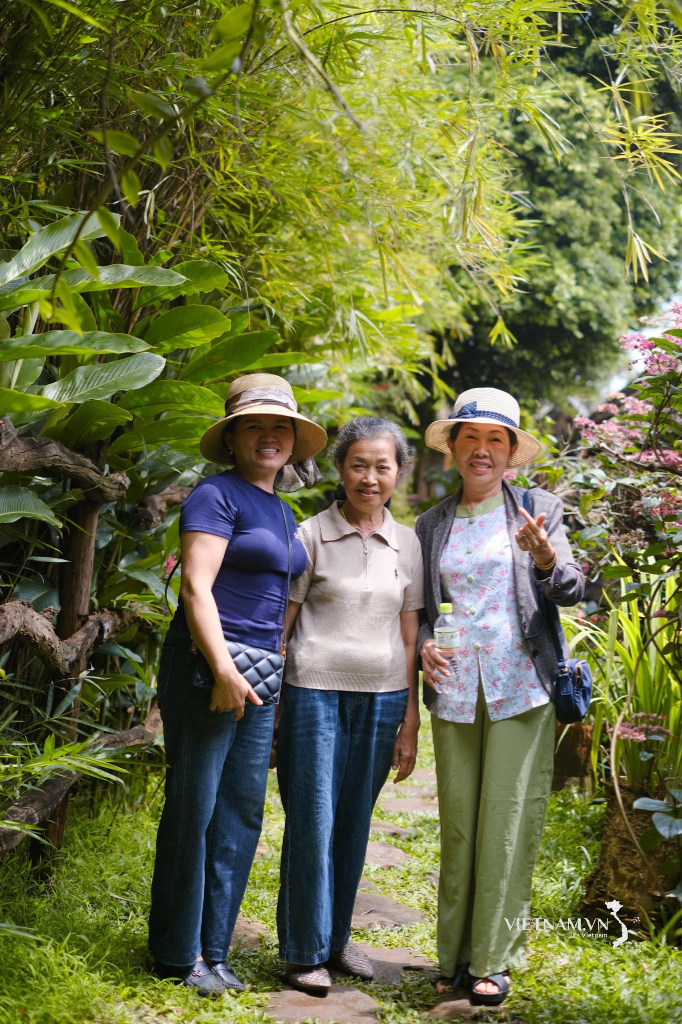


Comment (0)